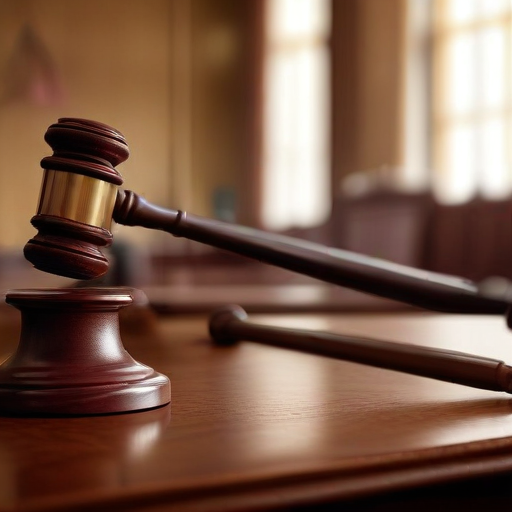Rapper Young Thug, whose real name is Jeffery Williams, has entered a plea of guilty to multiple charges, including gang involvement and offenses related to drugs and firearms, during a court hearing at the Fulton County Courthouse. His plea came without a negotiated deal, as discussions with prosecutors failed to reach an agreement. Consequently, Judge Paige Reese Whitaker sentenced the Grammy-winning artist to 40 years, with the first five years commuted to time served, followed by 15 years of probation. Williams will be subject to strict conditions, including a ban from the Atlanta area for a decade, mandatory community service, and a requirement to present anti-violence programs.
In his statement in court, Williams expressed deep remorse, apologizing to his family and supporters. His legal team expressed disagreement with the prosecution’s use of his rap lyrics as evidence, but Young Thug ultimately preferred to secure his release sooner rather than prolong the legal battle, citing concerns for his children’s well-being.
The non-negotiated plea deal allowed Williams to avoid a possibly harsher sentence, as prosecutors initially sought 45 years, with 25 years mandatory in prison. He is now subject to conditions such as avoiding gang affiliations, submitting to random drug tests, and making public presentations to deter gang violence.
The outcome of this case reflects the complex dynamics within the legal system, especially in high-profile trials involving music culture. As Young Thug prepares to fulfill his community service commitments, there exists hope that he may leverage his influence to promote positive change and steer others away from gang involvement.
This case, which has garnered significant attention due to its connection to the rap community and ongoing legal battles involving gang activity, brings to light the challenges many artists face as they navigate their careers against a backdrop of legal scrutiny. The resolution of Young Thug’s case may pave the way for new discussions around the intersection of art and justice, particularly as the legal system considers the implications of using artistic expression as evidence.
In summary, while Young Thug’s legal troubles have brought him to a difficult crossroads, his plea could lead to a path of redemption through community engagement. As he embarks on this journey, it raises the possibility that he can transform a challenging chapter into one of advocacy and positive influence for youth and communities.
